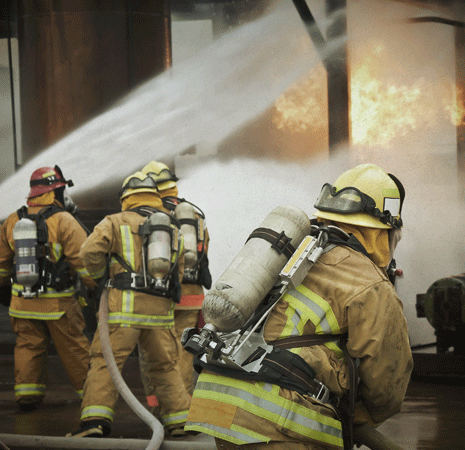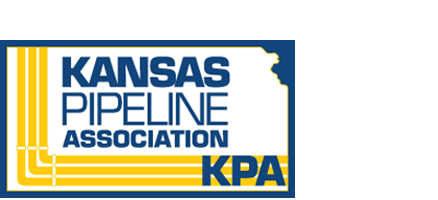Emergency Officials and Responders
| Local emergency officials are responsible for planning, coordinating, and conducting emergency preparedness and response activities. Their role is critical in ensuring communities are prepared to take action consistent with the pipeline operator’s and other emergency responders’ programs. |  |
Pipeline operators are required to share relevant information from their emergency plans with emergency officials. Pipeline operators are also required to establish and maintain communication with local emergency officials and coordinate planned and actual responses during an emergency. | |
| Learn more about what emergency officials can do to impact pipeline safety by reviewing the information contained on this website, attending a meeting, or just by getting to know the pipeline operators in your area. | |
Responding to a pipeline emergency.
The following guidelines are designed to ensure your safety and the safety of those in the area if a petroleum product or natural gas pipeline leak is suspected or detected:
- Secure the area around the leak to a safe distance. Evacuating people from homes, businesses, schools and other places of congregation, as well as controlling access to the site may be required in some incident scenarios. Sheltering in place may be the safest action if the circumstances make going outdoors dangerous.
- Establish a command center. Work with pipeline representatives as you develop a plan to address the emergency. The pipeline operator will need to know:
- Your contact information and the location of the emergency
- Size, characteristics and behavior of the incident, and if there are any primary or secondary fires
- Any injuries or deaths
- The proximity of the incident to any structures, buildings, etc.
- Any environmental concerns such as bodies of water, grasslands, endangered wildlife and fish, etc.
- Evacuate or shelter in place. Depending on the level of chemical or natural gas leak, product, whether or not the product was released, or other variables, it may be necessary to evacuate the public or have the public shelter in place. Evacuation route and the location of the incident will determine which procedure is required, but both may be necessary. Evacuate people upwind of the incident if necessary. Involving the pipeline company may be important in making this decision.
- If the pipeline leak is not burning:
- DO NOT cause any open flame or other potential source of ignition such as an electrical switch, vehicle ignition, light a match, etc.
- DO NOT start motor vehicles or electrical equipment.
- DO NOT ring doorbells. Knock with your hand to avoid potential sparks from knockers.
- DO NOT drive into a leak or vapor cloud at any time.
- If the pipeline leak is burning attempt to control the spread of the fire, but DO NOT attempt to extinguish a petroleum product or natural gas fire. When extinguished, petroleum products, gas and vapor could collect and explode if reignited by secondary fire.
- DO NOT attempt to operate any pipeline valves yourself. You may inadvertently route more product to the leak or cause a secondary incident.
Emergency Officials And Responders
 Local emergency officials are responsible for planning, coordinating, and conducting emergency preparedness and response activities. Their role is critical in ensuring communities are prepared to take action consistent with the pipeline operator’s and other emergency responders’ programs.
Local emergency officials are responsible for planning, coordinating, and conducting emergency preparedness and response activities. Their role is critical in ensuring communities are prepared to take action consistent with the pipeline operator’s and other emergency responders’ programs.
Pipeline operators are required to share relevant information from their emergency plans with emergency officials. Pipeline operators are also required to establish and maintain communication with local emergency officials and coordinate planned and actual responses during an emergency.
Learn more about what emergency officials can do to impact pipeline safety by reviewing the information contained on this website, attending a meeting, or just by getting to know the pipeline operators in your area.
